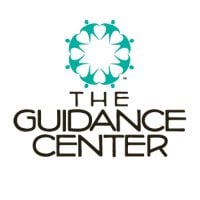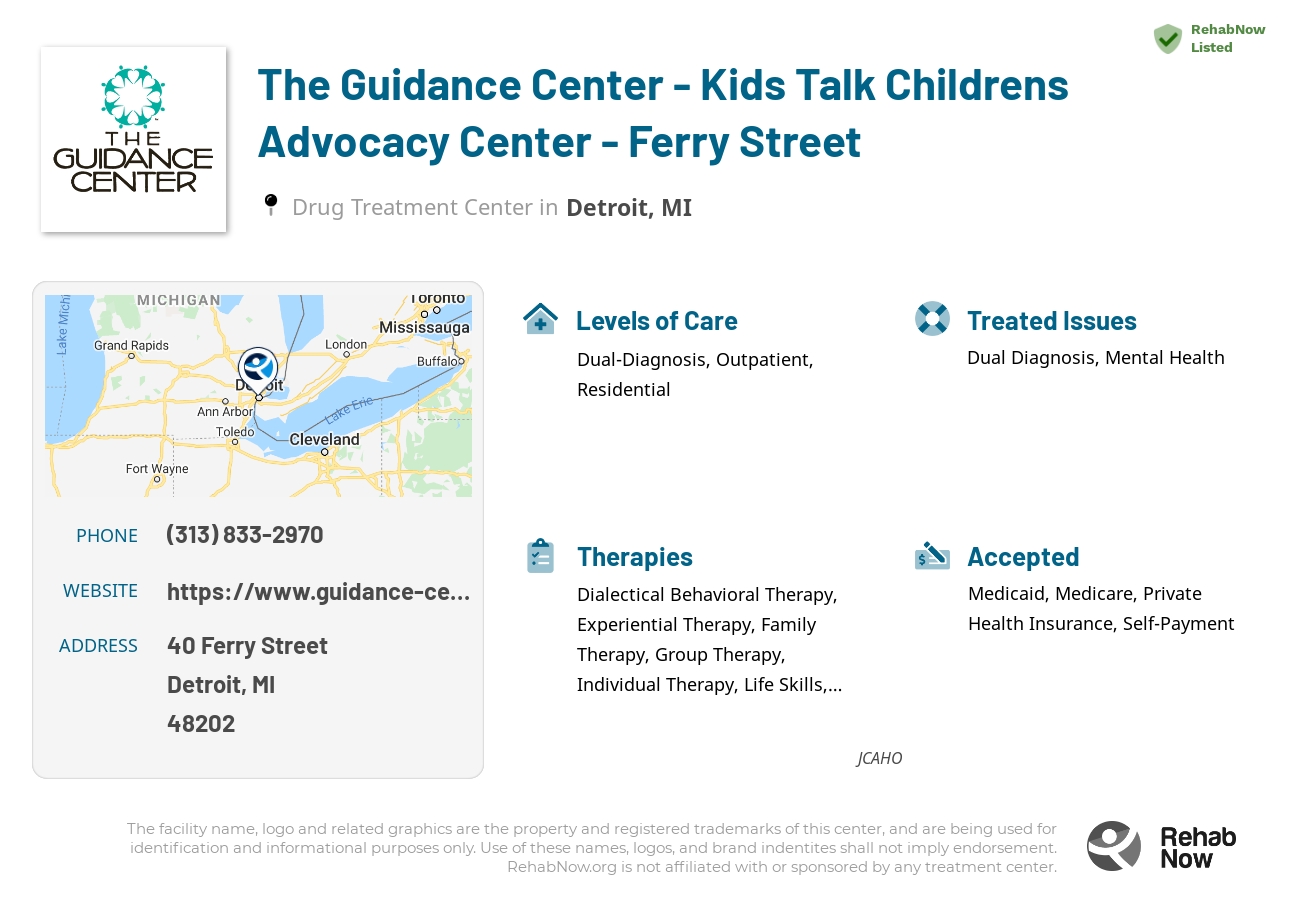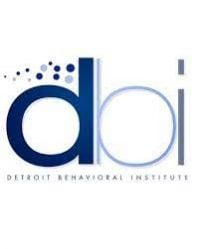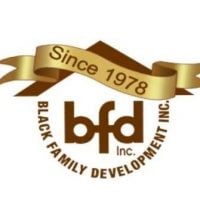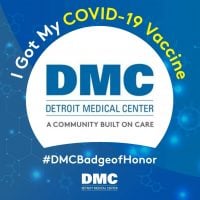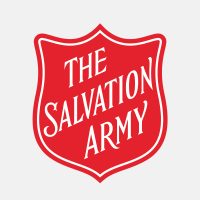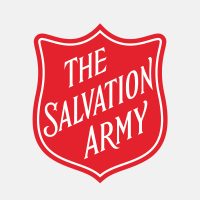The Guidance Center - Kids Talk Childrens Advocacy Center - Ferry Street
Drug Rehab Center in Detroit, Michigan
The Guidance Center - Kids Talk Childrens Advocacy Center on Ferry Street in Detroit, Michigan offers evidence-based treatment, preventative efforts, and community outreach programs to support children and adolescents struggling with addiction and substance abuse through therapy, case management, and aftercare services.
About The Guidance Center - Kids Talk Childrens Advocacy Center - Ferry Street in Michigan
The Guidance Center - Kids Talk Childrens Advocacy Center - Ferry Street in Detroit, Michigan provides a safe and supportive environment for children and adolescents struggling with addiction and substance abuse. The center offers evidence-based treatment, preventative efforts, and community outreach programs to create healthier lives for kids in Detroit and its surrounding communities. Their goal is to provide a comprehensive approach to recovery through family systems and individualized therapy sessions.
At The Guidance Center - Kids Talk Childrens Advocacy Center - Ferry Street, they offer a range of services for addiction and substance abuse, including assessment, evaluation, therapy, and case management. They also offer aftercare services such as support groups, family therapy, and relapse prevention planning to ensure long-term recovery. Patients have access to the latest addiction treatments from licensed and experienced professionals.
The Guidance Center - Kids Talk Childrens Advocacy Center - Ferry Street is accredited by the Commission on Accreditation of Rehabilitation Facilities, Licensed by the Michigan Department of Health and Human Services and the Substance Abuse Prevention and Treatment Services, and participates in the national Children's Justice Act to provide therapeutic intervention services to maltreated children. The center has also been awarded the “Great Places to Work” recognition by Detroit News & Free Press.
Genders
Ages
Modality
Additional
Accreditations

JCAHO
Conditions and Issues Treated
Dual-Diagnosis Treatment at The Guidance Center - Kids Talk Childrens Advocacy Center - Ferry Street
Dual Diagnosis therapy is considered more successful than traditional rehab methods because it treats the addiction and the underlying mental health disorder simultaneously. This comprehensive approach gives Detroit, MI patients the best chance for long-term recovery. If the patient does not receive treatment for both conditions, they are more likely to relapse.
Levels of Care Offered
This center offers a variety of custom treatment tailored to individual recovery. Currently available are Dual-Diagnosis, Outpatient, Residential, with additional therapies available as listed below.
Outpatient treatment consists of counseling and therapy sessions. The outpatient treatment process begins with the addict’s initial detox period, lasting about ten days. Outpatient treatment is used for those who are at moderate risk for “slipping back” into the addiction. It is also used for those who are not currently experiencing any side effects from withdrawal, can handle social pressure, have a stable living environment, and have a good support system.
Residential treatment programs are those that offer housing and meals in addition to substance abuse treatment. Rehab facilities that offer residential treatment allow patients to focus solely on recovery, in an environment totally separate from their lives. Some rehab centers specialize in short-term residential treatment (a few days to a week or two), while others solely provide treatment on a long-term basis (several weeks to months). Some offer both, and tailor treatment to the patient’s individual requirements.
Therapies & Programs
Individual Therapy is a crucial component of addiction recovery. Therapists work with patients to identify the root of their addiction and figure out how to better handle the issues that led to them using drugs. Individual Therapy is one on one sessions where people meet with their therapist. Individual therapy provides a safe space for people to open up and discuss personal and sensitive topics which they may not feel comfortable discussing in a group setting.
In this type of therapy, therapists can develop specific solutions for each patient, which helps speed up their recovery process. In addiction recovery, therapy is a crucial part. It allows patients to go deep into their core issues and discover how those problems can be better handled now. Therapy can be performed in individual sessions as well as group settings. In individual therapy for addiction, the patient meets with the therapist one-on-one to focus on the underlying issues of addiction and come up with solutions to prevent future abuse.
Family therapy is a crucial part of drug treatment and getting sober. It is one of the most effective ways to help addicts stay on the path to long-term sobriety. One of the most important parts of family therapy is the relapse prevention plan. During treatment, therapists and doctors will often sit down with the addict and their family to develop a plan if the addict ever feels like they want to use again. This plan should involve steps the addict and family can take together to prevent them from relapsing in the future.
An addict’s family can play a vital part in helping them to avoid relapse because they can spot the warning signs and help them get back on track before it becomes too much of a problem. Family therapy is one of the most effective ways to help addicts stay on the path to long-term sobriety.
Group Therapy is employed by drug treatment centers like The Guidance Center - Kids Talk Childrens Advocacy Center - Ferry Street to provide the recovering addict with a platform to talk about their feelings and experiences. It also provides for an opportunity to learn from other addicts who have successfully overcome their addiction. It is recommended that all group members be recovering addicts for this type of therapy to work.
Trauma Therapy Treatment at The Guidance Center - Kids Talk Childrens Advocacy Center - Ferry Street
This type of therapy involves the use of a variety of therapeutic techniques to help addicts recover from past traumas that might have triggered their substance abuse. During these sessions, therapists will work with the addict to address painful memories and learn how to cope effectively with stressors as they arise.
During these types of sessions, therapists will typically focus on three main goals:
- Identifying and expressing painful emotions associated with past traumas.
- Reducing the effects of stress on an addict’s life by developing more effective coping mechanisms.
- Developing healthy ways of thinking about stressful situations that can help addicts avoid substance abuse issues in the future.
This type of therapy is typically used in conjunction with other types of addiction treatment services. By identifying and dealing with the root cause of addiction, most addicts can overcome their cravings and prevent relapse once they leave rehab.
Many different types of addiction treatment services exist to help addicts safely get sober, but it’s important for recovering individuals to find a therapist or support group that will help them address the root cause of their addiction.
Dialectical behavior therapy (DBT) is a type of cognitive behavioral therapy that is focused on helping those with problematic behaviors caused by intense emotions and thoughts control and regulate their emotions and behavior.
Dialectic Behavior Therapy is beneficial for:
- People who have chronic suicidal thoughts and behaviors
- People who have chronic drug cravings
- People who have difficulty establishing and maintaining personal relationships
- People who have a mental disorder such as Borderline Personality Disorder
- People who have experienced trauma in their life
Life Skills Services provide services aimed at helping people enter into and maintain long-term sobriety. The services are offered at varying levels of intensity, specific to the needs and requirements of each patient. Some benefits of these services are restoring hope and empowerment, enhancing family involvement, increasing patient compliance, and reducing relapse rates.
Training someone on improved life skills allows someone recovering from an addiction to feel more capable of taking care of him or herself. The skills taught in The Guidance Center - Kids Talk Childrens Advocacy Center - Ferry Street are daily skills that give a better recovery foundation by simply giving the person tools they need to survive.
Good nutrition can be difficult for people recovering from addiction because they may not feel like eating while they are experiencing the physical and emotional side effects of detoxing.
Nutrition therapy can help addicts in Michigan in the following ways:
- Helps individuals to understand which foods promote good health and support recovery that will assist them during detox
- Provides guidance and education about how to maintain a nutritious diet so they can stay healthy during recovery
- Improves their overall health and well-being, which can reduce the severity of substance withdrawal symptoms.
Nicotine replacement therapy treats nicotine addiction using external sources of nicotine, such as patches or gum to substitute for nicotine. This allows people trying to quit smoking to get their desired dose of nicotine without actually having to smoke cigarettes. There are several different types of NRT devices on the market now, and it is important to talk to your doctor about the best kind for you.
Patient Experience
Experiential Therapy at The Guidance Center - Kids Talk Childrens Advocacy Center - Ferry Street
Experiential therapy at The Guidance Center - Kids Talk Childrens Advocacy Center - Ferry Street includes helping people work through emotional disorders by participating in events in real-time. It moves away from conventional talk therapy to discuss their concerns and emotions by making patients play roles or use props. It allows people to handle trauma and feelings healthily, reducing the need to resort to alcohol and substances in Detroit, MI.
Payment Options Accepted
For specific insurance or payment methods please contact us.
Is your insurance accepted?
Ask an expert, call (888) 674-0062
The Guidance Center Associated Centers
Discover treatment facilities under the same provider.
- The Guidance Center - Kids Talk Childrens Advocacy Center - Northline Road in Southgate, MI
- The Guidance Center - Adult and Family Services in Southgate, MI
- The Guidance Center - Adult Services in Southgate, MI
- The Guidance Center - Childrens Services in Lincoln Park, MI
Learn More About The Guidance Center Centers
Additional Details
Specifics, location, and helpful extra information.
Detroit, Michigan 48202 Phone Number(313) 833-2970 Meta DetailsUpdated November 25, 2023
Staff Verified
The Guidance Center - Kids Talk Childrens Advocacy Center - Ferry Street Patient Reviews
There are no reviews yet. Be the first one to write one.
Detroit, Michigan Addiction Information
Michigan has the second-highest rate of drug and alcohol abuse in the nation. Heroin is linked to more than 50% of the state's hepatitis C cases. Marijuana is the drug most often associated with crimes in Michigan, followed by methamphetamines. Opioids alone are responsible for almost 20% of all drug overdose deaths in Michigan.
Over 1,000 drug-related overdose deaths occurred in Detroit, Michigan, in 2017 alone. Opioids (42%) and benzodiazepines (22%) are the most common drugs involved in overdose deaths. Drug overdoses killed more people in 2016 than homicides. In Detroit, Michigan, there are a variety of drug rehab centers to choose from. The most important thing is to find a facility that will best meet the needs of the individual.
Treatment in Nearby Cities
- Manistique, MI (294.5 mi.)
- Redford, MI (12.0 mi.)
- Cheboygan, MI (237.8 mi.)
- Menominee, MI (296.2 mi.)
- Reed City, MI (161.8 mi.)
Centers near The Guidance Center - Kids Talk Childrens Advocacy Center - Ferry Street
The facility name, logo and brand are the property and registered trademarks of The Guidance Center - Kids Talk Childrens Advocacy Center - Ferry Street, and are being used for identification and informational purposes only. Use of these names, logos and brands shall not imply endorsement. RehabNow.org is not affiliated with or sponsored by The Guidance Center - Kids Talk Childrens Advocacy Center - Ferry Street.
